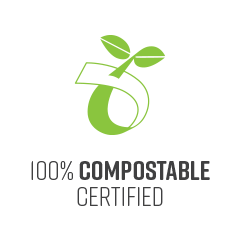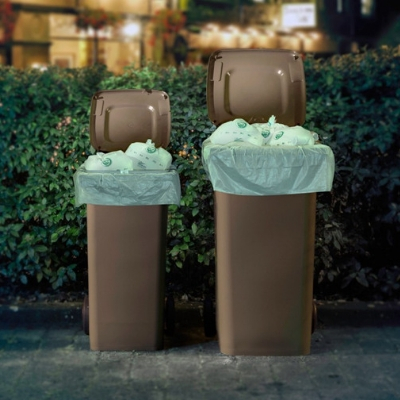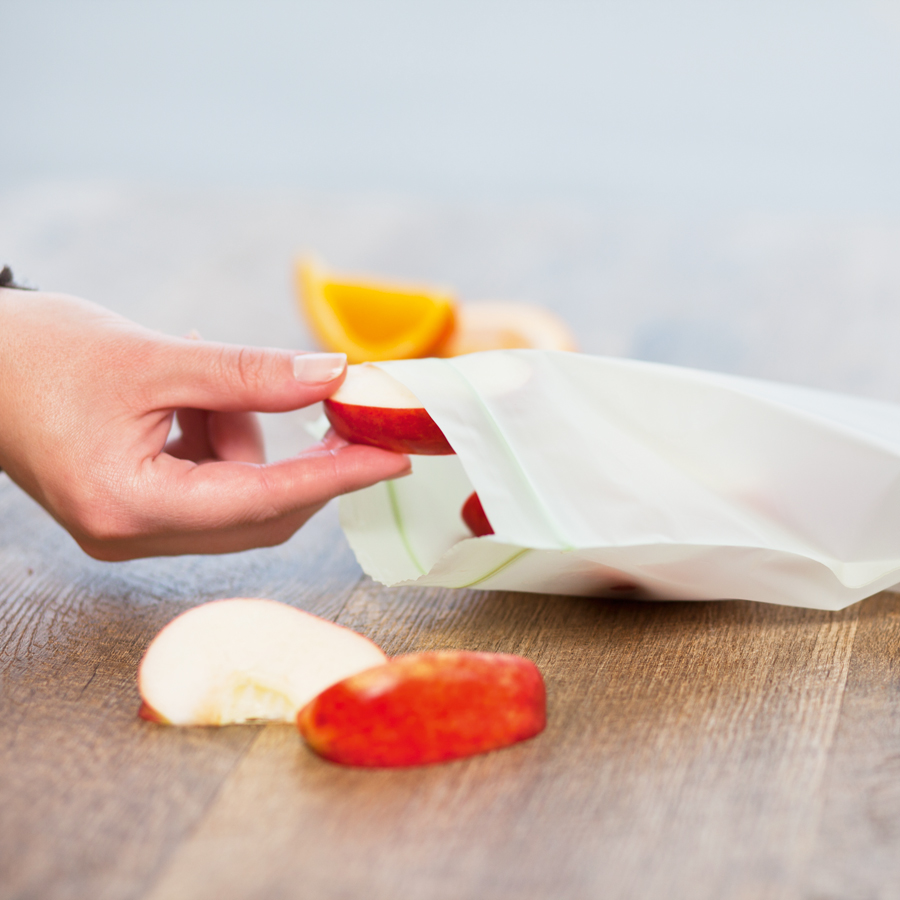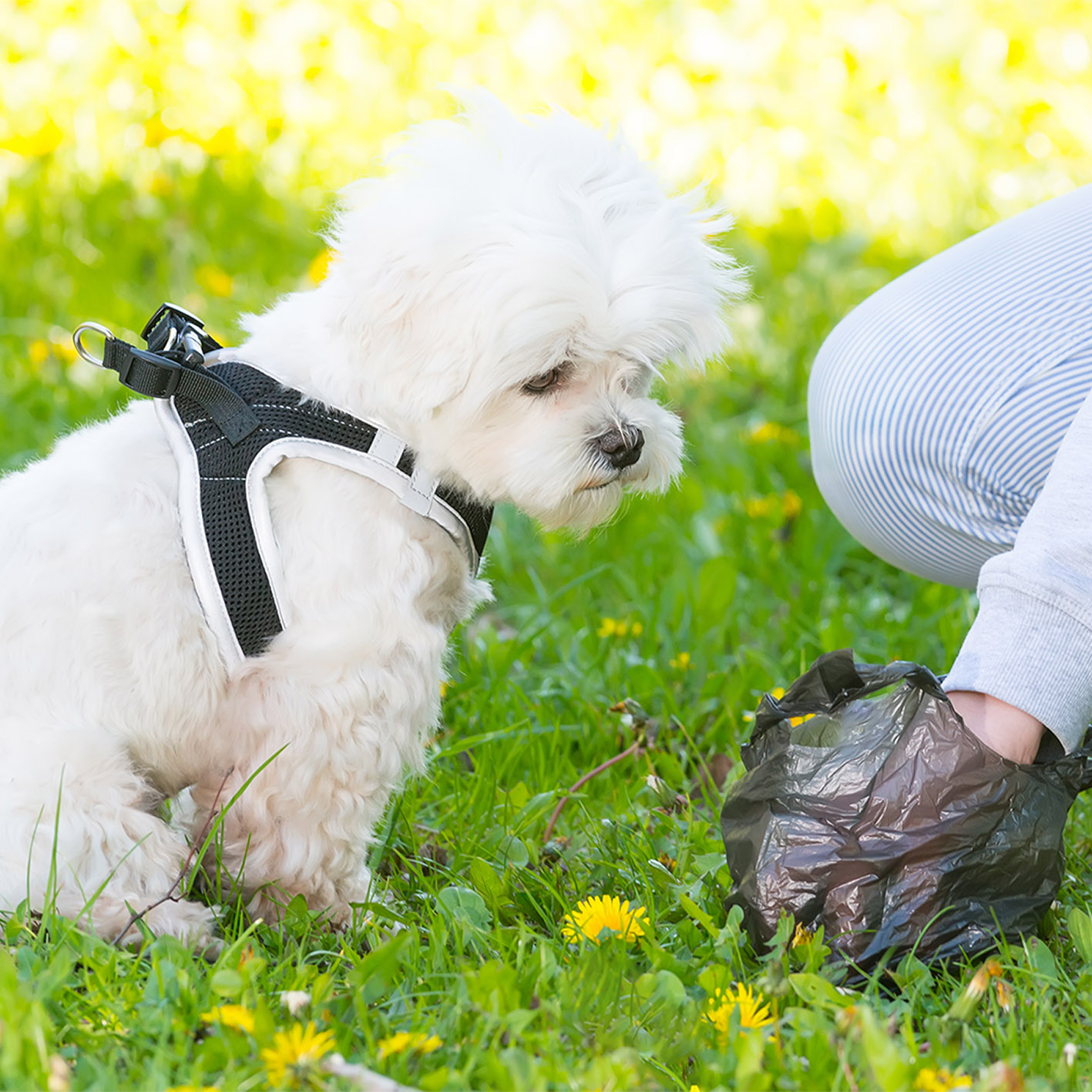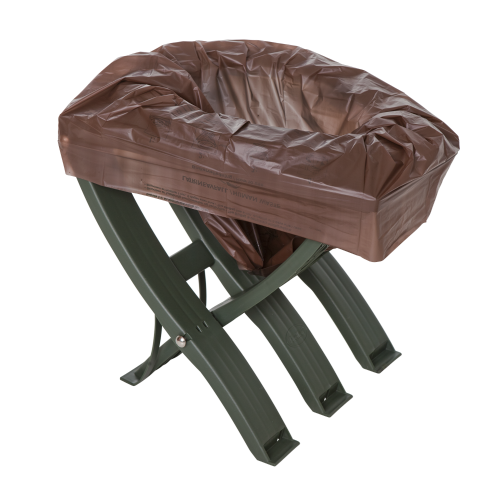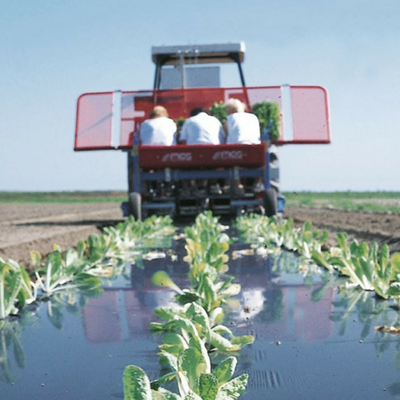
 We are producing over 300 million tons of plastic a year globally and 50% of it is for single-use – designed to be used for a few moments and remain for several hundreds of years.
We are producing over 300 million tons of plastic a year globally and 50% of it is for single-use – designed to be used for a few moments and remain for several hundreds of years.
Meanwhile, new research has found humans are ingesting 2,000 tiny pieces of plastic each week, on average – the equivalent of a teaspoon or a credit card a week!
Plastic may be cheap but the environmental, health and economic effects are costly.
So, for the sake of your health and the planet, choose alternatives to plastic produce bags, bin liners, dog waste bags and carry bags.
Compostable alternatives will break down anywhere there’s oxygen and microorganisms and they won’t leave microplastics or toxic residues behind.
If you forget your produce bags…
Research shows compostable produce rolls increase organics recycling rates.
 Adelaide’s City of Holdfast Bay has trialled distributing compostable bags for household food waste collection via two local supermarkets with funding from Green Industries SA. Compostable bags replaced plastic produce rolls in Foodland’s fruit and vegetable sections and customers were asked to reuse the bags to collect food scraps for the council’s green bins.
Adelaide’s City of Holdfast Bay has trialled distributing compostable bags for household food waste collection via two local supermarkets with funding from Green Industries SA. Compostable bags replaced plastic produce rolls in Foodland’s fruit and vegetable sections and customers were asked to reuse the bags to collect food scraps for the council’s green bins.
The trial resulted in 117% more food being diverted from landfill to green organics recycling bins – the equivalent of 0.48kg more per household per week. Diverting an estimated 260 tonnes more food waste from landfill would save the local council tens of thousands of dollars in annual landfill levies.
Many BioBag customers take our 8 litre rolls of BioBags to the shops to buy fresh bread, fruits and vegetables, instead of using plastic produce bags, then recycle them with food waste.
If you want to line your bin without plastic…
Many people want to line their bins and avoid plastic bin liners.
Often marketed as green and environmentally friendly, degradable bags are plastic bags with chemicals added so they break down faster into microplastics. The problem is the plastic never goes away no matter how small the particles are and this can cause havoc with the health of our eco-system.
BioBag bin liners are better for the environment than plastic bags because they have a lower carbon footprint than traditional plastics and they will biodegrade anywhere oxygen and microorganisms exist without leaving microplastics or toxic residues behind.
BioBags range in size from 8 to 240 litres to fit all types of bins.
If you don’t want to put dog waste in a plastic bag…
There’s over 4 million dogs in Australia. If every owner picked up after their dog with a bag once a day, that would equal over 1.5 billion bags a year!
It doesn’t make sense to put organic waste into a plastic bag that takes hundreds of years to break down.
A compostable dog waste bag breaks down into organic matter at the same rate as the contents so it can be returned to the earth as organic matter.
BioBag dog bags come in a box of 40, block of 50 or roll of 200.
If you forget your shopping bags…
A compostable carry bag has a dual purpose – it can be used to carry shopping and then to collect food waste to return carbon to Australian soil.
 Compostable is the best end of life option for a carry bag because it breaks down into organic matter and can be returned to the earth via compost.
Compostable is the best end of life option for a carry bag because it breaks down into organic matter and can be returned to the earth via compost.
We are now supplying a long list of shops, restaurants and cafes with our small and large carry bags and demand is increasing.
The Eco-Action group on South Australia’s pristine Kangaroo Island wants to replace all plastic bags on the island with BioBags because they believe compostable carry bags make much more sense than thicker plastic shopping bags.
Sources:
Plastic Oceans – We are producing over 300 million tons of plastic every year.
ABC Online – We are ingesting about 2,000 tiny pieces of plastic a week.
ABC Online – Compostable produce bags trialled in South Australian supermarkets.
RSPCA – There’s over 4 million dogs in Australia.



